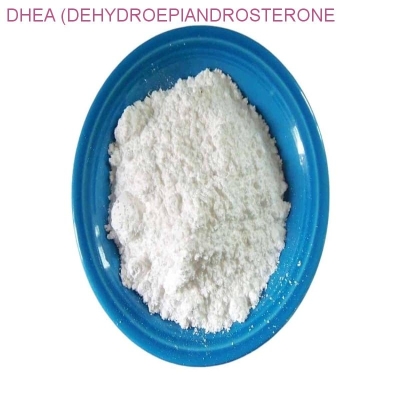-
Categories
-
Pharmaceutical Intermediates
-
Active Pharmaceutical Ingredients
-
Food Additives
- Industrial Coatings
- Agrochemicals
- Dyes and Pigments
- Surfactant
- Flavors and Fragrances
- Chemical Reagents
- Catalyst and Auxiliary
- Natural Products
- Inorganic Chemistry
-
Organic Chemistry
-
Biochemical Engineering
- Analytical Chemistry
-
Cosmetic Ingredient
- Water Treatment Chemical
-
Pharmaceutical Intermediates
Promotion
ECHEMI Mall
Wholesale
Weekly Price
Exhibition
News
-
Trade Service
Methyl 4-methoxythiophene-3-carboxylate, also known as MMTC, is an important intermediate chemical in the production of a variety of products in the chemical industry.
MMTC is used as a raw material in the manufacture of a range of chemicals, including dyes, pigments, pharmaceuticals, and plastics.
The chemical industry is one of the most important industries in the world, as it provides the raw materials needed for a wide range of products that are used in our daily lives.
The production of chemicals is a complex process that involves a variety of steps, including the synthesis of intermediate chemicals like MMTC.
In the production of MMTC, the first step is the synthesis of 4-methoxythiophene-3-carbaldehyde, which is then converted into MMTC through a series of chemical reactions.
The synthesis of 4-methoxythiophene-3-carbaldehyde is typically carried out using a chemical reaction called the Deethylation of 3-methoxythiophenol, which involves the removal of the ethyl group from 3-methoxythiophenol using a reactive reagent.
Once 4-methoxythiophene-3-carbaldehyde is synthesized, it is converted into MMTC through a process called alkylation.
In this process, the carbaldehyde is treated with a sodium hydroxide solution, which results in the formation of the corresponding sodium salt.
This sodium salt is then treated with a source of methyl ions, such as methyl iodide, to yield MMTC.
The production of MMTC has a number of important applications in the chemical industry.
For example, MMTC is used as a raw material in the production of dyes and pigments.
These chemicals are used in a wide range of applications, including the coloration of textiles, plastics, and other materials.
MMTC is also used in the production of pharmaceuticals and other chemicals that are used in the healthcare industry.
In addition to its use as a raw material in the production of other chemicals, MMTC is also used in its own right in a number of applications.
For example, it is used as a catalyst in the production of polyethylene terephthalate (PET), a widely used plastic that is used in a variety of applications, including packaging and textiles.
MMTC is also used in the production of a range of other chemicals, including dyes, pigments, and pharmaceuticals.
Overall, the production of MMTC is an important step in the production of a wide range of chemicals that are used in a variety of industries.
MMTC is a versatile intermediate chemical that is used in the production of a range of products, and it plays a key role in the production of a number of important chemicals that are used in the chemical industry.







